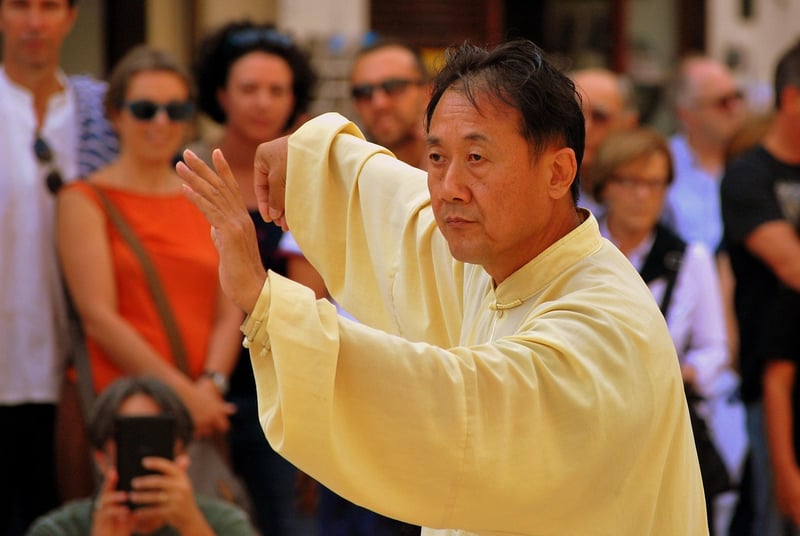Tai Chi for Balance
Physical Activities for Mental Well-Being
Engaging in physical activities not only benefits our physical health but also plays a crucial role in enhancing our mental well-being. Incorporating exercises that focus on mindfulness, balance, and relaxation can significantly improve our overall mental health. One such activity that has gained popularity for its positive impact on mental well-being is Tai Chi.
Tai Chi: A Harmonious Balance of Body and Mind

Tai Chi, an ancient Chinese martial art, is known for its graceful movements and emphasis on mindfulness. It combines deep breathing with slow, flowing movements to create a harmonious balance of body and mind. Practicing Tai Chi can help reduce stress, improve concentration, and promote a sense of inner peace.
Benefits of Tai Chi for Mental Well-Being
- Stress Reduction: The gentle, rhythmic movements of Tai Chi can help calm the mind and reduce stress levels.
- Improved Focus: By focusing on the present moment and coordinating movements with breathing, Tai Chi can enhance concentration and mindfulness.
- Emotional Well-Being: Regular practice of Tai Chi is associated with improved mood, reduced anxiety, and increased feelings of well-being.
- Balance and Stability: The slow, controlled movements of Tai Chi can improve balance, coordination, and overall physical stability.
- Relaxation: Engaging in Tai Chi promotes relaxation, helping to release tension and promote a sense of tranquility.
Getting Started with Tai Chi
If you're interested in incorporating Tai Chi into your routine, consider taking a class with a qualified instructor to learn the proper techniques and movements. You can also find online resources and videos to practice Tai Chi at home. Remember to wear comfortable clothing and practice in a quiet, open space to fully experience the benefits of this ancient practice.
Start your journey towards improved mental well-being today with the gentle movements and mindfulness of Tai Chi.
References: Mayo Clinic - Tai Chi
